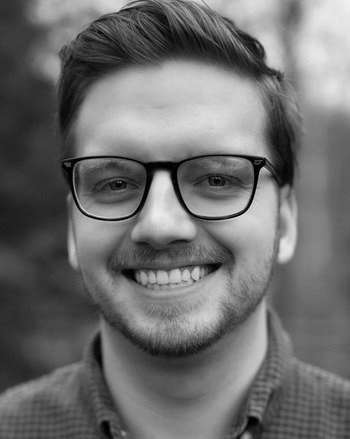Boise State rewards students for 'unpacking white identity,' 'recognizing their privilege'
The Boise State Gender Equity Center and the Center For Teaching and Learning are hosting a book circle series on a work by Robin DiAngelo, titled, “What Does It Mean to Be White?: Developing White Racial Literacy” -- and offering a reward to those who attend.
DiAngelo has published two other books on the topic: White Fragility: Why Is It So Hard For White People To Talk About Racism and Is Everyone Really Equal: An Introduction to Key Concepts in Critical Social Justice Education. In the former, she wrote that “white people raised in Western society are conditioned into a white supremacist worldview because it is the bedrock of our society and its institutions.”
The book circle page states that the group is intended for people who are interested in “unpacking white identity and how white folks distance themselves from conversations about race, as well as learning how to engage white folks in recognizing their privilege.”
[RELATED: UNC-Charlotte brings back ‘White Consciousness Conversations’ after 2018 backlash]
DiAngelo has also written that she thinks racism today is, in some ways, more sinister than during the Jim Crow era.
“I am often asked if I think the younger generation is less racist. No, I don’t. In some ways, racism’s adaptations over time are more sinister than concrete rules such as Jim Crow,” DiAngelo writes in White Fragility.
In the semester-long book circle, which is open to everyone, participants will be assigned chapters to read and discuss at each meeting. If students attend at least five of the seven sessions throughout the semester, they will receive credit toward the “Boise State Uniting for Inclusion and Leadership in Diversity” (BUILD) program.
The BUILD program is a certificate program that “supports campus educators to gain knowledge and skills to contribute to a welcoming and inclusive environment on campus.” This program includes other events such as “Introduction to LGBTQIA+ Identities and Trans Identities: Developing Inclusive Practices,” “Building An Inclusive Reading List for your Course,” and “Inclusive Teaching Means Inclusive Grading, Too.”
[RELATED: Prof with history of anti-white comments now says ‘whiteness is terrorism’]
“Boise State leaders often get asked about why certain books are being read on campus or why certain speakers are being heard on campus,” Boise State Associate Vice President of Communications and Marketing Greg Hahn told Campus Reform. “The questions come from across the political spectrum because as a public university we have a longstanding dedication to the rights of free expression and free speech.”
Hahn continued by saying “it is incumbent on a public university to not only provide the knowledge and skills students will need in the workplace of the future, but to equip them to think critically about the world around them, to evaluate and understand new information, and to communicate their own ideas and conclusions effectively.”
Follow the author of this article on Twitter: @BMac0507

